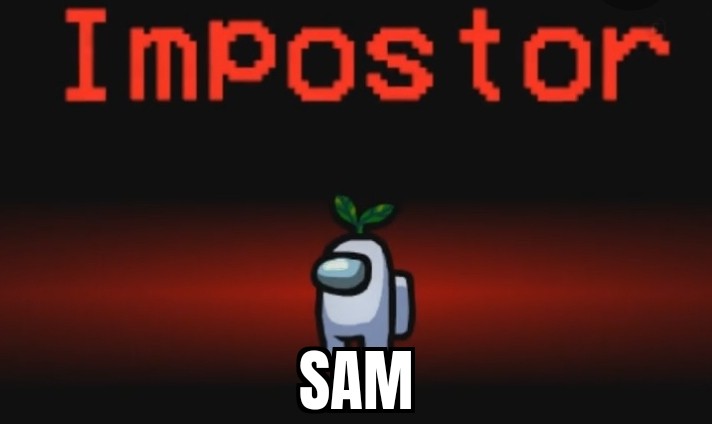I don’t think that’s unpopular at all. Windows, MacOS, and Linux (in all of its flavors) are all great, but in different ways. For me, some of the things that make Linux great significantly outweigh the things that make Windows or MacOS great, and the cons of Linux are trivial or unimportant to me compared to the cons of Windows or MacOS.
I didn’t bother making a case for Windows, because I’m reasonably certain James is already exceedingly familiar with it, and I already wasted a bunch of space writing about Linux lol
While we’re talking about non-Linux options though, let me waste more space to mention some other interesting OS’s that you should check out (mostly just for fun though). Some of these I’ve ran on actual hardware, some I’ve ran in a VM, and some I’ve only loosely followed because they’re interesting.
- FreeBSD - it’s like Linux, but with an even more (!) permissible license
- Haiku - a BeOS clone
- ReactOS - it’s binary-compatible with Windows. It’s sorta like the Wine project, but way more ambitious
- MenuetOS and Kolibri - an OS written entirely in assembly - it has a realtime kernel, graphical desktop, network support, includes some games, and fits entirely on a 3.5" floppy
- TempleOS - God’s operating system. Be warned: this is a very deep rabbit hole
I think you’ll find that distros have come a long, long way over those 16 years. The most popular distros today are just as easy to use and configure as Windows - maybe even easier? From the top of my head, Pop!_OS, Mint, and Ubuntu come to mind as distros that seem to really focus on an easy out-of-the-box experience.
When I was younger and had the energy for it, I used to love tweaking, breaking, and fixing my system. Recompiling the kernel with different options, totally borking my X11 config, etc. It was fun and I learned a lot. Nowadays though, I don’t really have the energy or motivation for that, and it’s totally unnecessary now. I run Debian w/ KDE Plasma, and it works perfectly right out of the box. I might spend a couple of minutes picking a wallpaper and arranging my desktop, but I don’t have to futz around with dotfiles or anything crazy. It just works. Plus, it never reboots itself to install updates when I’m in the middle of something important 
Discord has a native Linux client and a web client!


